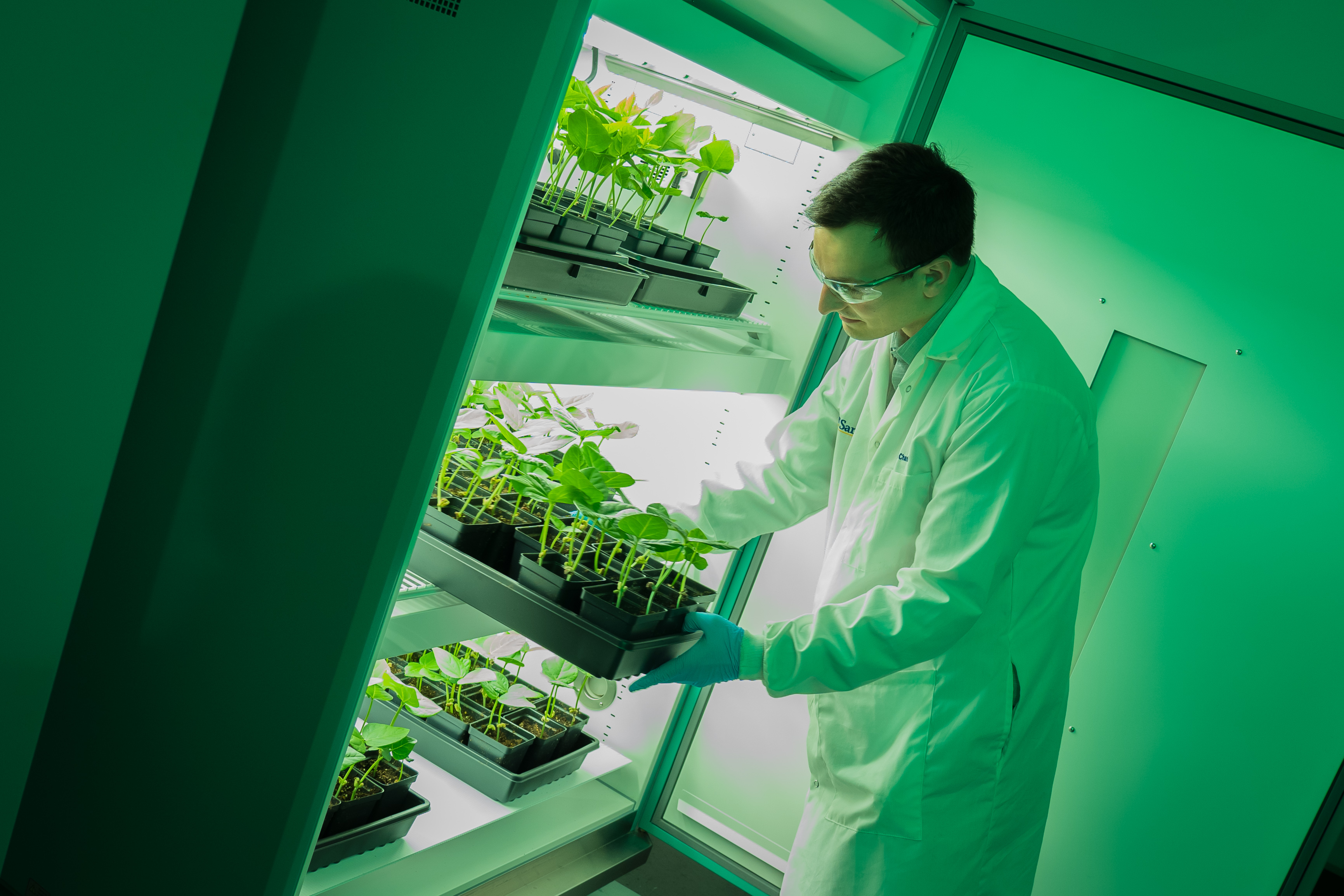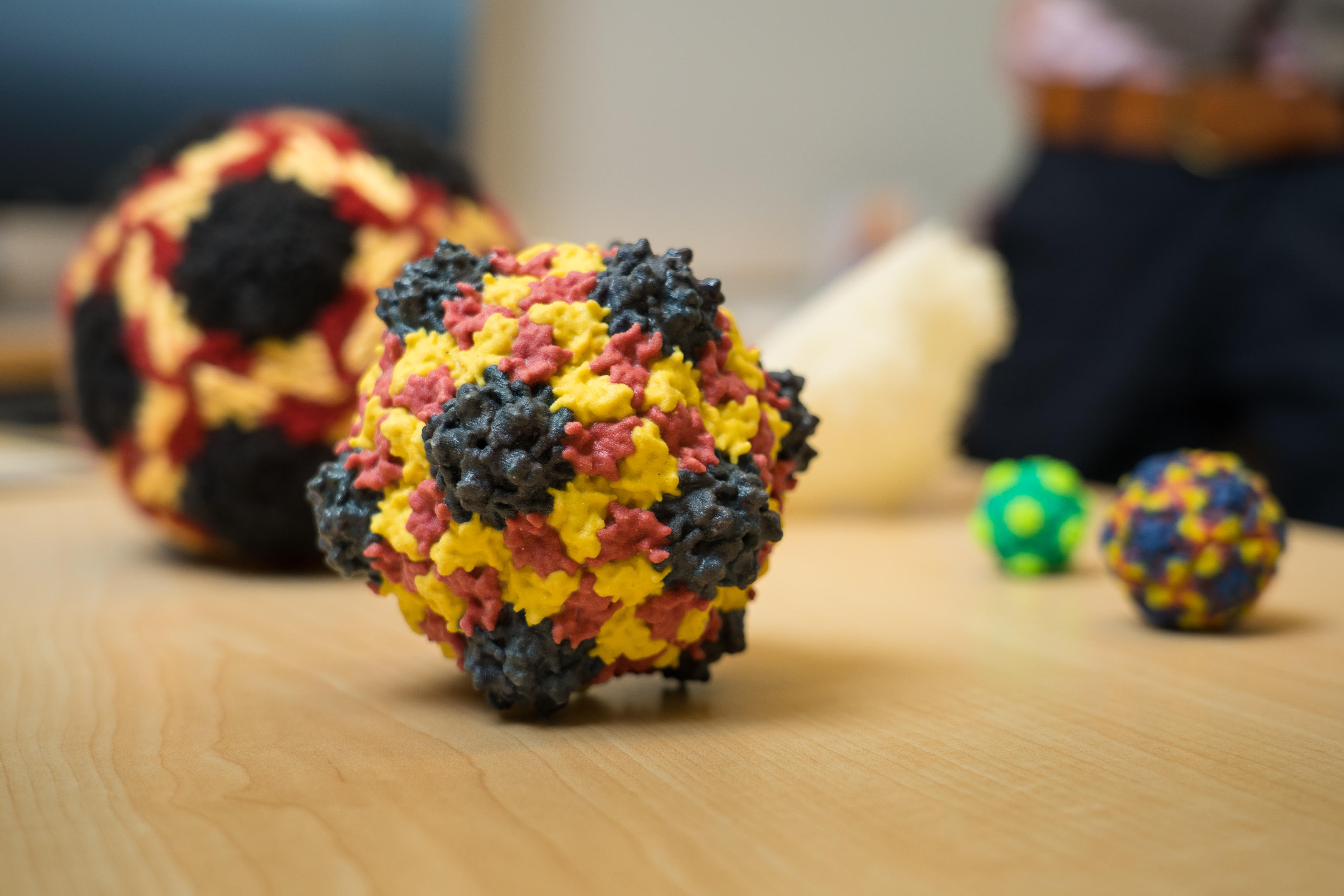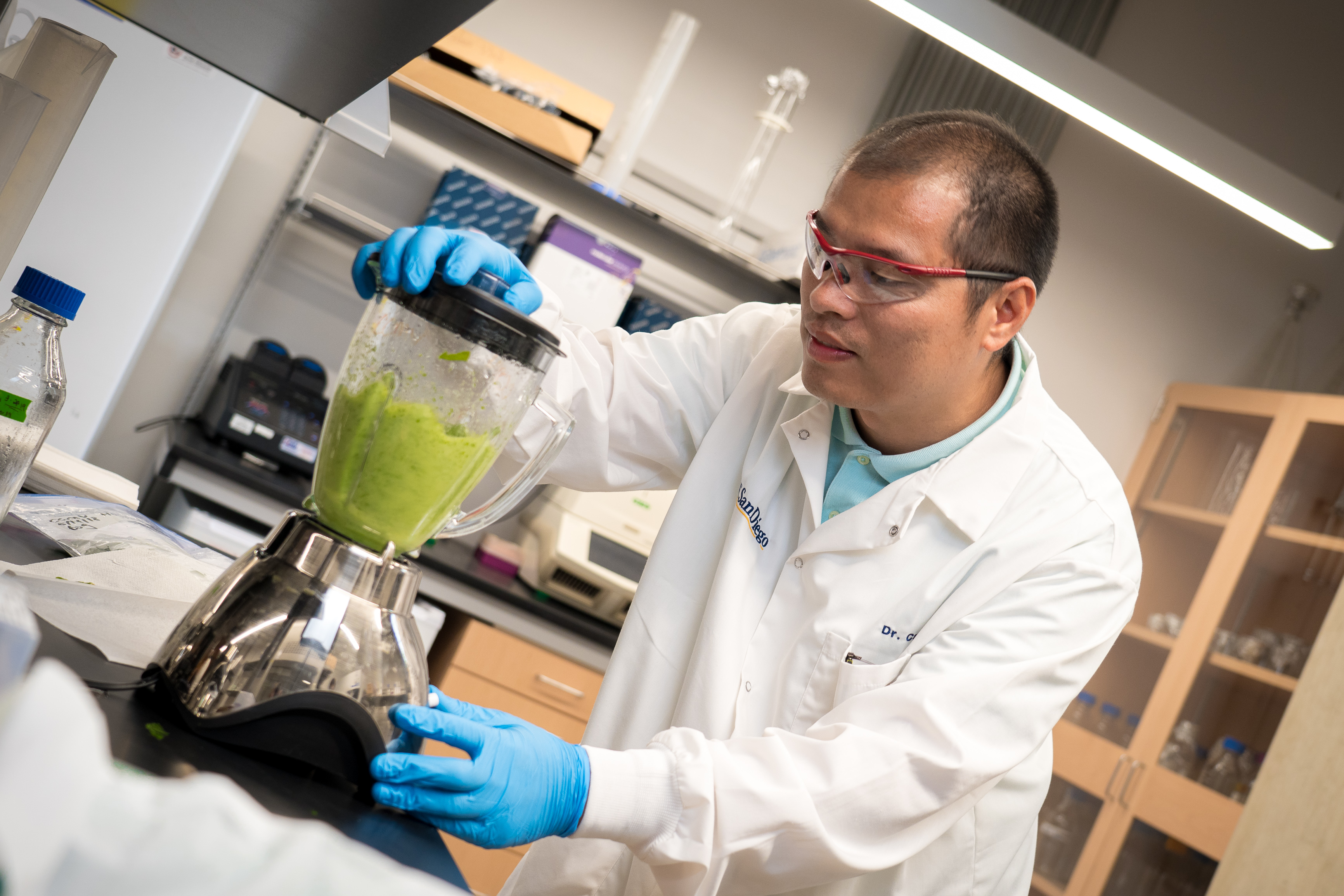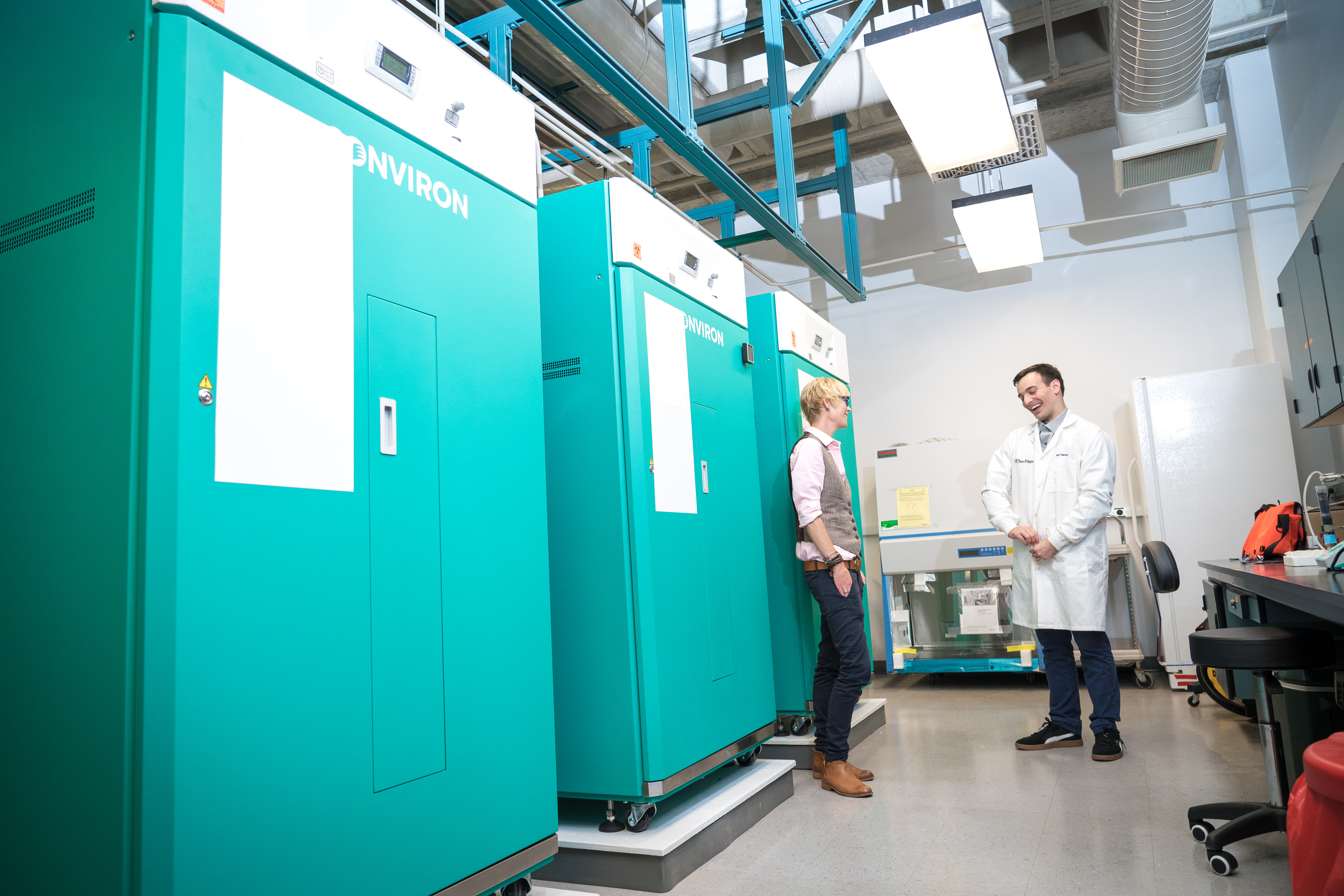Center for Engineering in Cancer Takes Off
October 10, 2022
This year IEM appointed Nicole Steinmetz, a professor of Nanoengineering, and Ezra Cohen, a professor of Medicine, as co-directors for the Center for Engineering in Cancer. Steinmetz was recently awarded 2 R01s totaling $4.3M to advance their research of plant virus nanotechnology for breast cancer and melanoma therapy.
This nanotechnology works as an immunotherapy, a strategy used to treat disease by engaging the body’s natural defenses– the immune system– which can be used to treat solid tumors such as melanoma and breast cancer. Aggressive tumors, however, continue to grow and spread because these cancers can circumvent normal immune responses. Therefore, strategies that stimulate the immune response to overcome this immunosuppression are crucial to restoring the body’s normal function. The idea is to train specialized immune cells to recognize and kill tumor cells so that healthy cells may live for many years to protect the body against such recurrences.

The CEC has developed an immunotherapy approach using a plant virus called the cowpea mosaic virus that infects black-eyed peas. The virus is not infectious to humans. When administered to a mammal, however, the immune system recognizes the virus as foreign and triggers an immune response.
Steinmetz utilized this information and applied the virus directly to a tumor. It was observed that the virus did not infect the model, but its presence will alert the immune system and specialized immune cells to traffic to the tumor. The virus serves as a ‘bait’ to recruit and activate the immune system to come to the tumor. Once at the tumor site, the immune cells will recognize the tumor cells and start to attack the tumor. This initial tumor combat orchestrated by the plant virus leads to a cascade of events resulting in the clearance of the tumor.

But most importantly, the killing of the injected tumor leads also trains immune cells to recognize tumor cells anywhere in the body, therefore, fighting metastatic disease. This form of therapy acts like a vaccine and induces long-lasting immunity. This means these specialized immune cells may live for a long time and these cells will remember the tumor to protect patients from recurrence of the disease.
The success of this immunotherapeutic approach has been demonstrated in many mouse models as well as in canine patients with melanoma, breast cancer, and sarcoma. In all studies, the animals show prolonged survival and survivors were tumor free and protected from the recurrence of the disease.
The new funding will allow the CEC to apply for their grant “toward translation of a plant virus-based in situ vaccination nanotechnology”. This will allow for the development of a more scalable process for the production of the cancer therapy candidate and to continue with testing in mouse models with melanoma and also in canine patients. This project is a collaboration with investigators at Dartmouth College and Oklahoma State University as well as Mosaic ImmunoEngineering Inc., a biotechnology company co-founded by Dr. Steinmetz.

The grant "Dual-pronged nano-drug delivery using plant virus-like particles” targets triple native breast cancer and the CEC will develop the next generation of CPMV-based cancer immunotherapies, specifically targeted to metastatic sites and in combination with checkpoint blockade. Studies will be in mouse models of breast cancer but also canine patients with breast cancer and they will collaborate with a group at Universidad Alfonso X el Sabio in Spain as well as Dartmouth College to achieve this.

